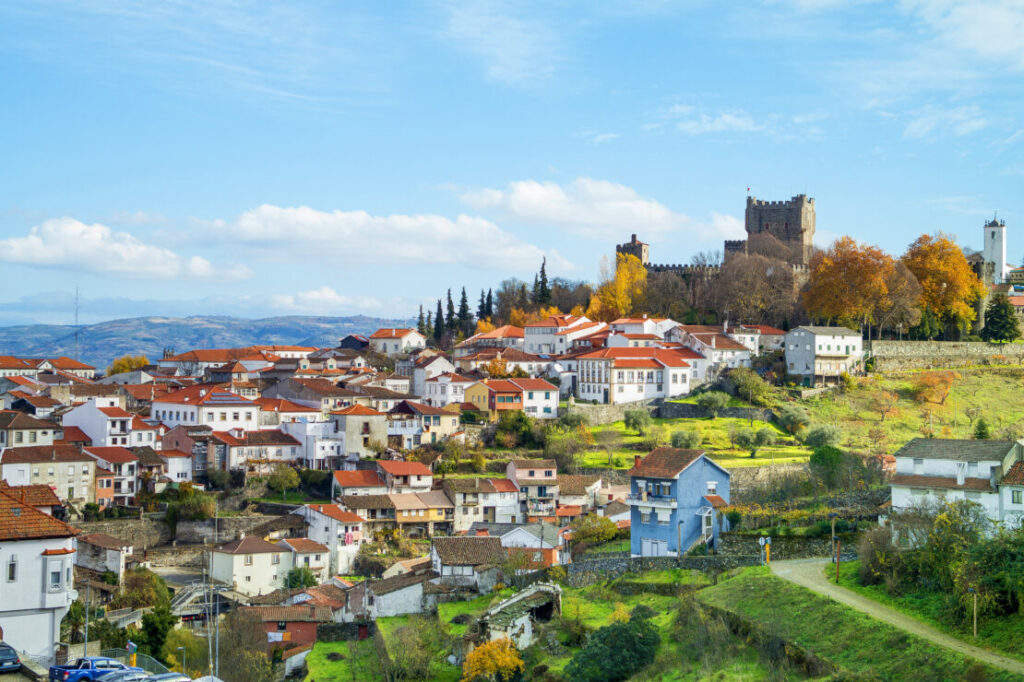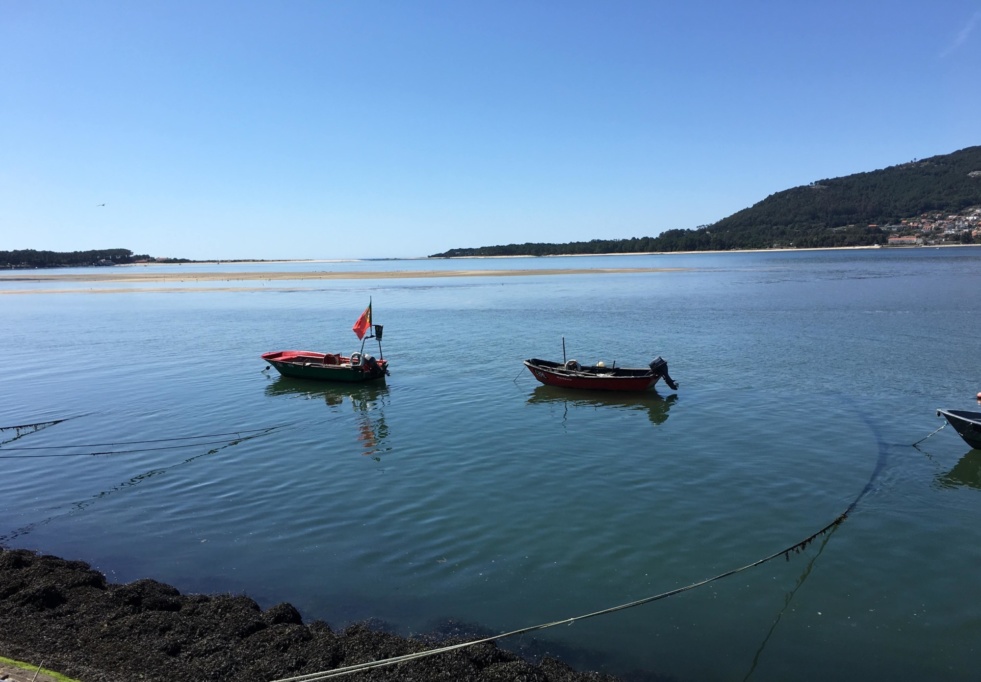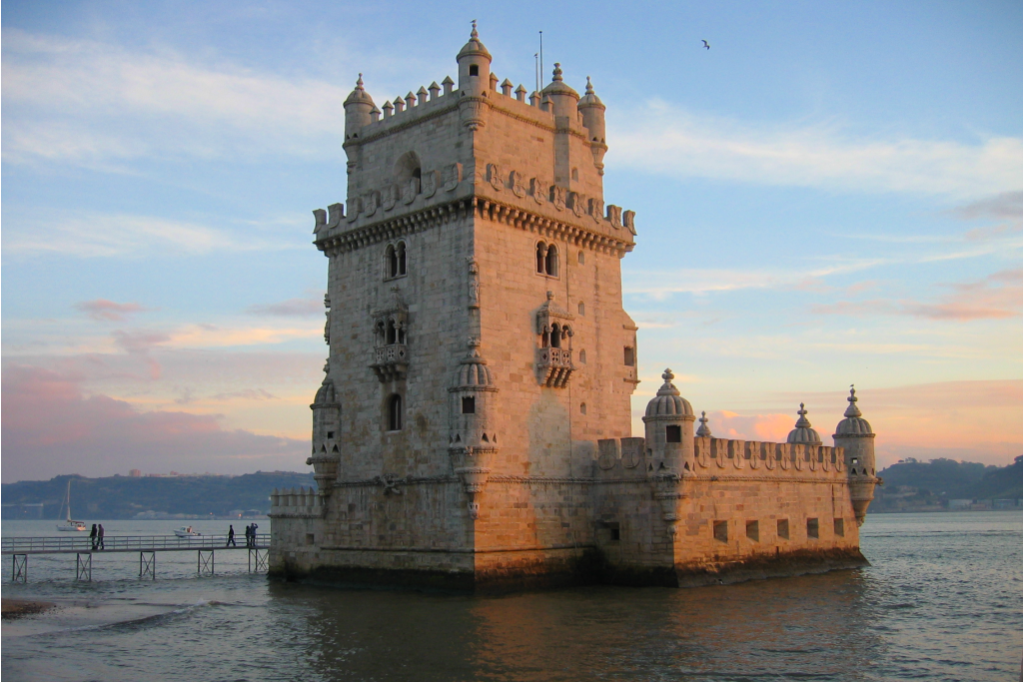PORTUGAL
THE ULTIMATE TRAVEL GUIDE
Discover the Essence of Portugal: Your Complete Travel Companion to Exquisite Beaches, Historic Cities, and Culinary Delights. Uncover the Rich Tapestry of Culture, Savor Authentic Flavors, and Immerse Yourself in Timeless Traditions. Let Our Guide Lead You Through an Unforgettable Journey Across the Beauty and Charm of Portugal.
Portugal Itineraries
Need To Know: How To Travel To Portugal
Portugal offers a perfect mix of stunning coastlines, historic landmarks, vibrant cities, and delicious cuisine. Explore medieval castles, charming villages, and world-class beaches. Experience its rich culture, famous wines, and warm hospitality. With mild weather year-round, Portugal is an ideal destination for adventurers, history buffs, and food lovers alike.
Whether you need a visa for Portugal depends on your nationality and the purpose of your visit. EU/EEA citizens don’t need a visa. Visitors from the US, UK, Canada, and Australia can stay visa-free for up to 90 days. Check Portugal’s visa requirements for your specific country before traveling.
The currency of Portugal is the Euro (€), which is used across most European Union countries. It replaced the Portuguese Escudo in 2002. Coins come in denominations of 1 cent to 2 euros, while banknotes range from €5 to €500. The Euro makes traveling within Europe convenient for tourists.
Portugal is one of Europe’s most affordable destinations, offering budget-friendly accommodations, delicious local cuisine, and reasonably priced attractions. Public transportation is efficient and economical, making it easy to explore cities and scenic countryside without overspending. Visitors can enjoy a high-quality experience without breaking the bank, making Portugal a fantastic value.
Portugal is one of the safest countries to travel to, known for its low crime rates and welcoming locals. Exercise standard precautions, especially in busy areas to avoid petty theft. From its serene countryside to vibrant cities, Portugal offers travelers a secure and enjoyable experience, making it a top European destination.
Yes, you can safely drink tap water in Portugal, as it meets EU standards. While locals often prefer bottled water for taste, tap water is clean and safe.
Portugal’s traditional food is rich and flavorful, with dishes like bacalhau (salt cod), caldo verde (kale soup), and cozido à portuguesa (hearty meat stew). Fresh seafood, such as grilled sardines and octopus, is a staple, while pastéis de nata (custard tarts) delight for dessert. Each region offers unique culinary treasures.
Portugal Snapshot: The Ultimate Travel Guide
Travelling to Portugal
Portugal, located on the Iberian Peninsula in Southern Europe, is a country known for its rich history, stunning coastline, and vibrant culture. Visitors flock to Portugal for its charming cities, picturesque villages, and beautiful beaches along the Atlantic Ocean. Lisbon, the capital city, boasts historic neighborhoods, vibrant street life, and iconic landmarks such as São Jorge Castle and Belém Tower. Porto, famous for its port wine, offers a blend of medieval and modern architecture along the Douro River. The Algarve region entices with its golden sands and dramatic cliffs, perfect for sunbathing and water sports. Travel within Portugal is convenient, with a well-developed network of trains, buses, and highways connecting major cities and tourist destinations.
How to Plan a Trip to Portugal
Planning a trip to Portugal involves several considerations to make the most of your experience. Start by determining the duration of your visit and the cities or regions you wish to explore. Lisbon and Porto are popular starting points, but don’t overlook smaller towns like Sintra and Évora for their historical charm. Consider the time of year, as Portugal enjoys a Mediterranean climate with mild winters and hot summers. Booking accommodations in advance, especially during peak tourist seasons, ensures you have a comfortable stay. Explore Portugal’s diverse cuisine, from seafood delicacies to hearty stews and pastries, and plan to indulge in local flavors during your trip.
Portugal Food
Portuguese cuisine reflects the country’s maritime heritage, with a focus on fresh seafood and Mediterranean ingredients. Bacalhau, or salted codfish, is a national delicacy prepared in countless ways, from fritters to stews. Grilled sardines, often enjoyed during festivals like Santo António, are a summertime favorite. Portuguese cuisine also features hearty meat dishes such as cozido à portuguesa, a mixed meat and vegetable stew. Don’t miss out on pastéis de nata, delicious custard tarts with a crispy pastry shell, a sweet treat enjoyed any time of day. Pair your meals with local wines like Vinho Verde or port wine for a truly authentic culinary experience.
Culture and Religion
Portugal’s culture is a blend of influences from its rich history of exploration, trade, and colonization. The Portuguese are proud of their maritime heritage, which is evident in their seafaring traditions, music, and literature. Catholicism is the dominant religion, with beautiful churches and cathedrals found throughout the country. Festivals and celebrations are an integral part of Portuguese culture, with events like Carnaval and Festa de São João bringing communities together in lively street parties and parades. Traditional Fado music, known for its soulful melodies and emotional lyrics, is a UNESCO Intangible Cultural Heritage of Humanity, offering a glimpse into the Portuguese soul.
Safety and Dangers
Portugal is considered one of the safest countries in Europe for travelers. Violent crime is rare, but petty theft, particularly in crowded tourist areas, can occur. Visitors should exercise caution with their belongings and be vigilant on public transportation. When driving, be aware of aggressive drivers and narrow roads, especially in older city centers. While Portugal is relatively safe from natural disasters, wildfires can occur during the dry summer months, so be mindful of any local advisories. Overall, Portugal offers a welcoming and hospitable environment for travelers, with friendly locals ready to assist visitors in need.



